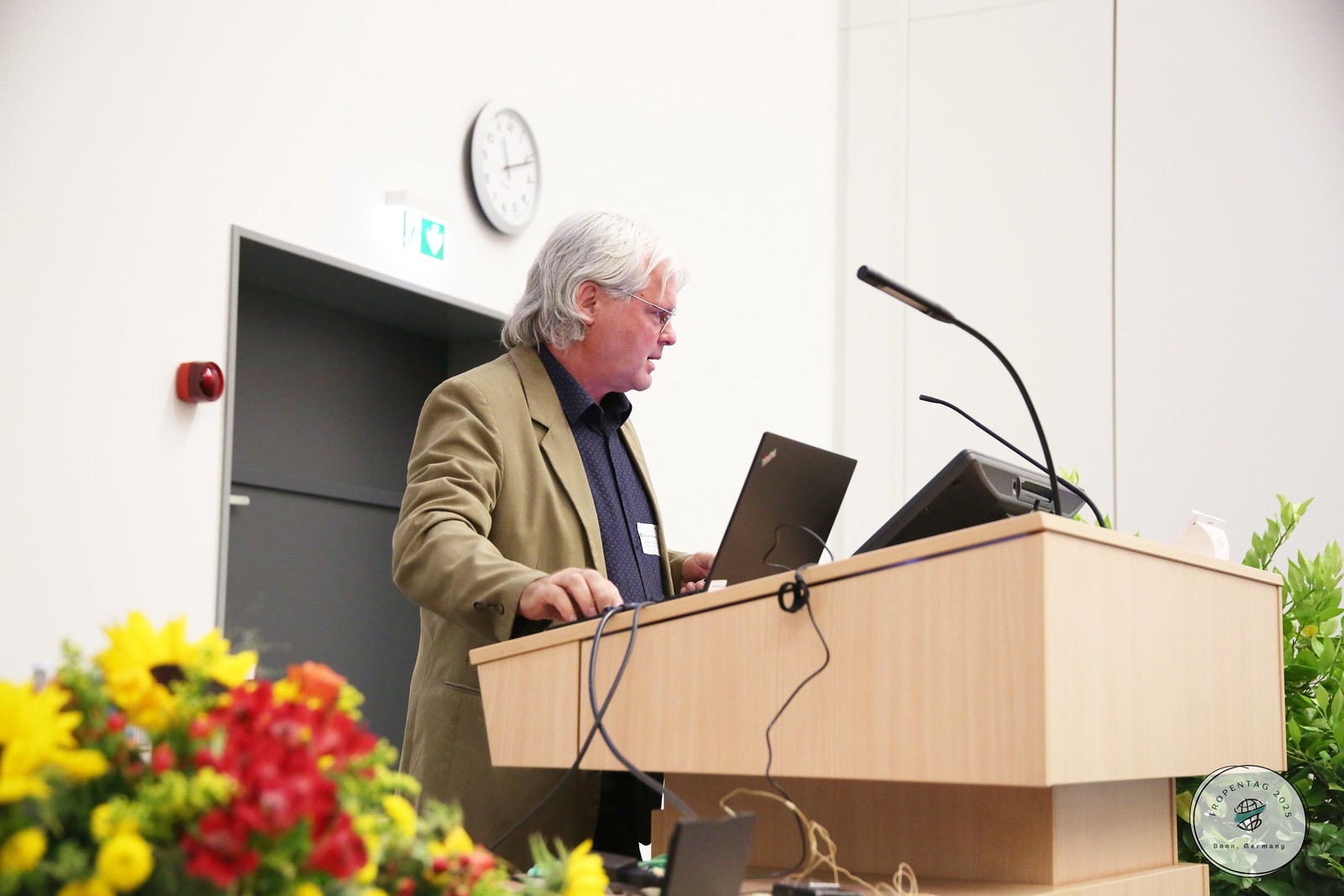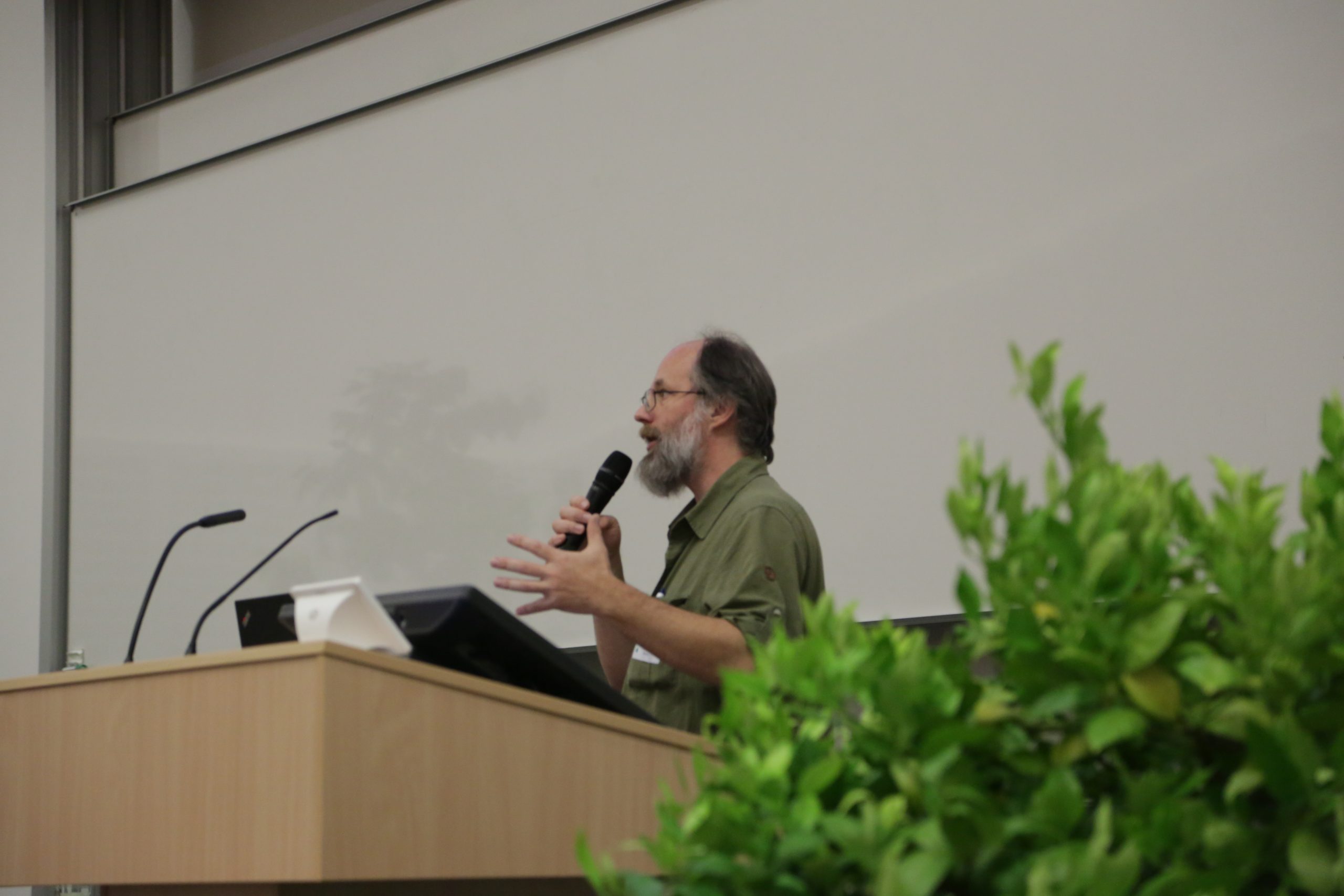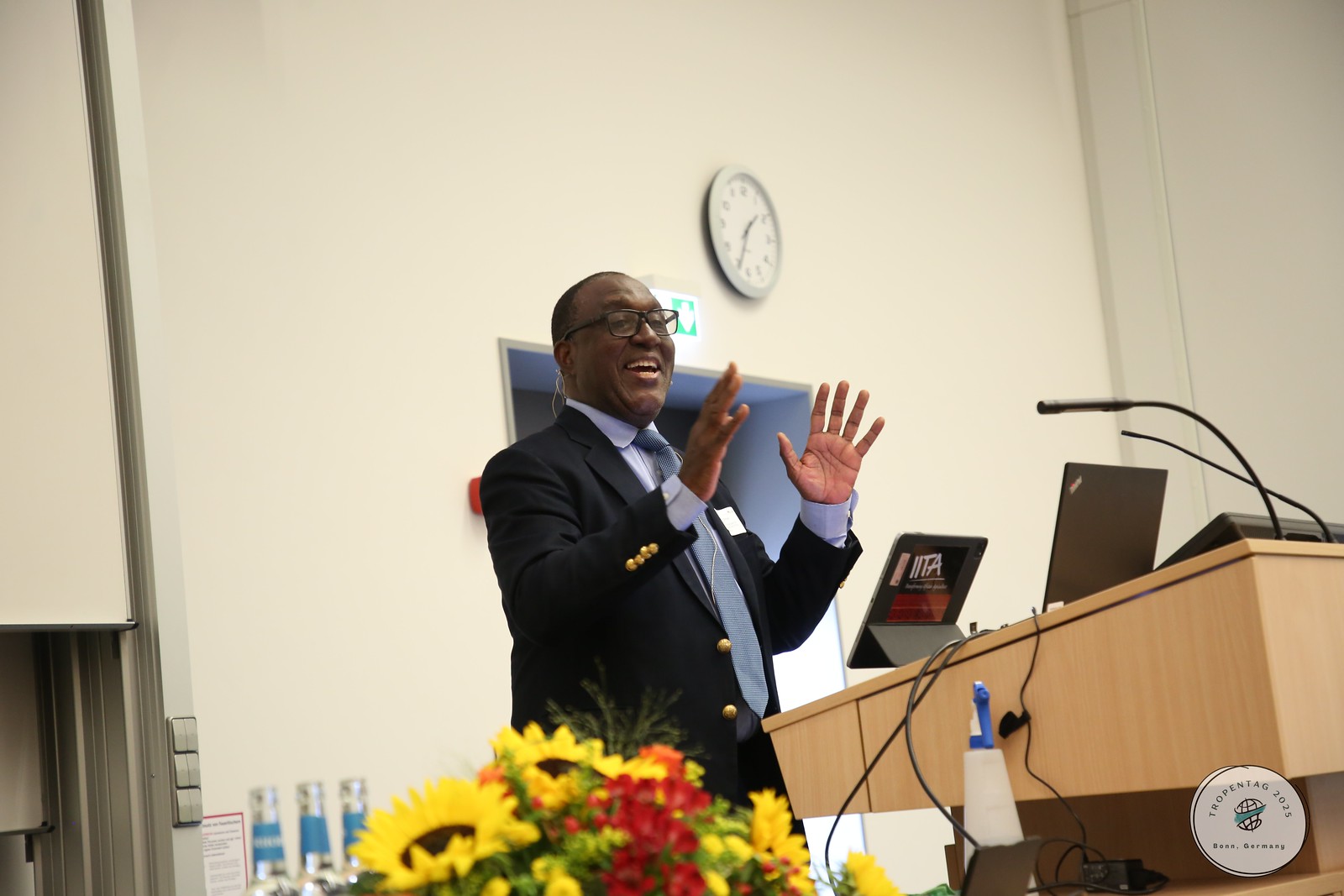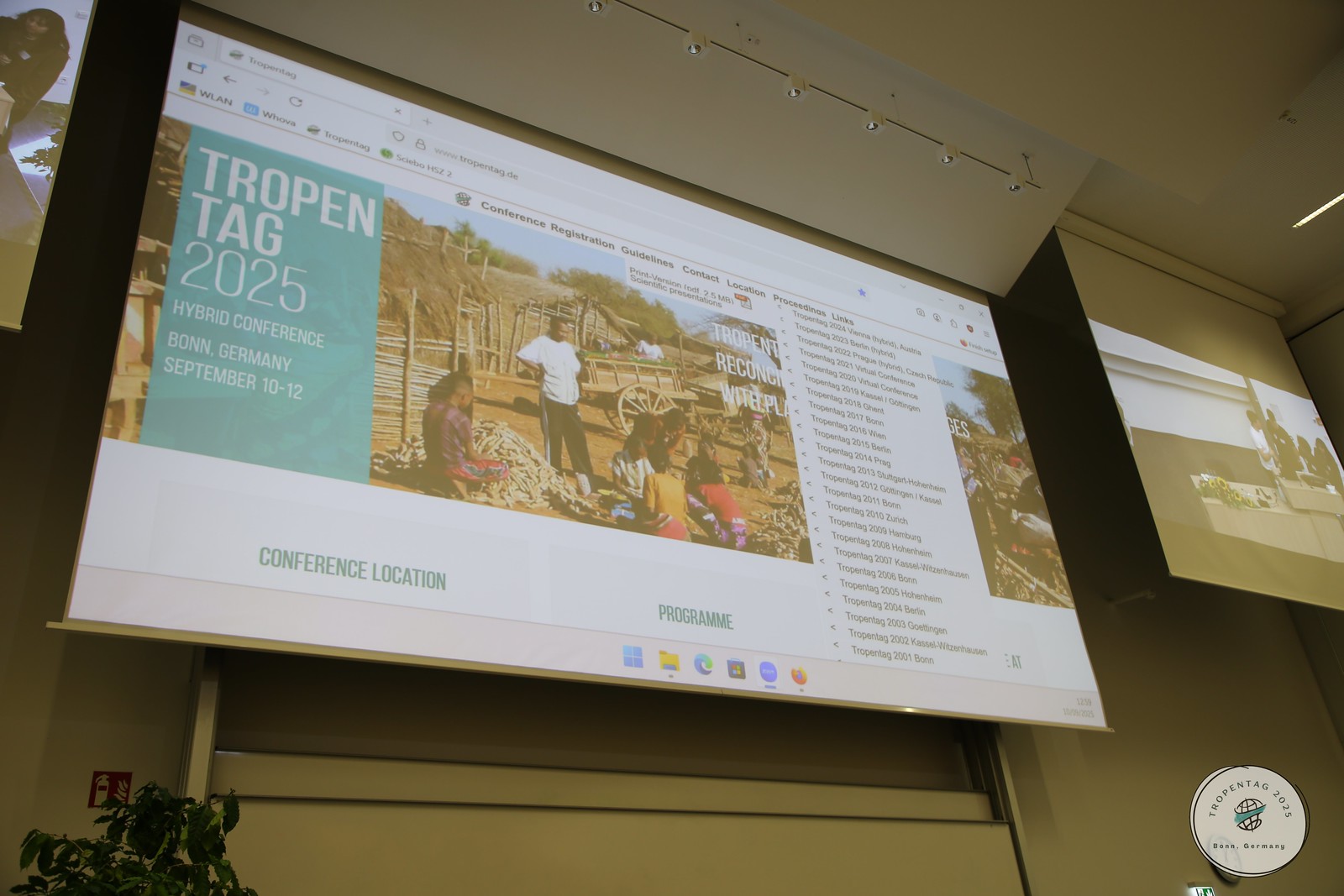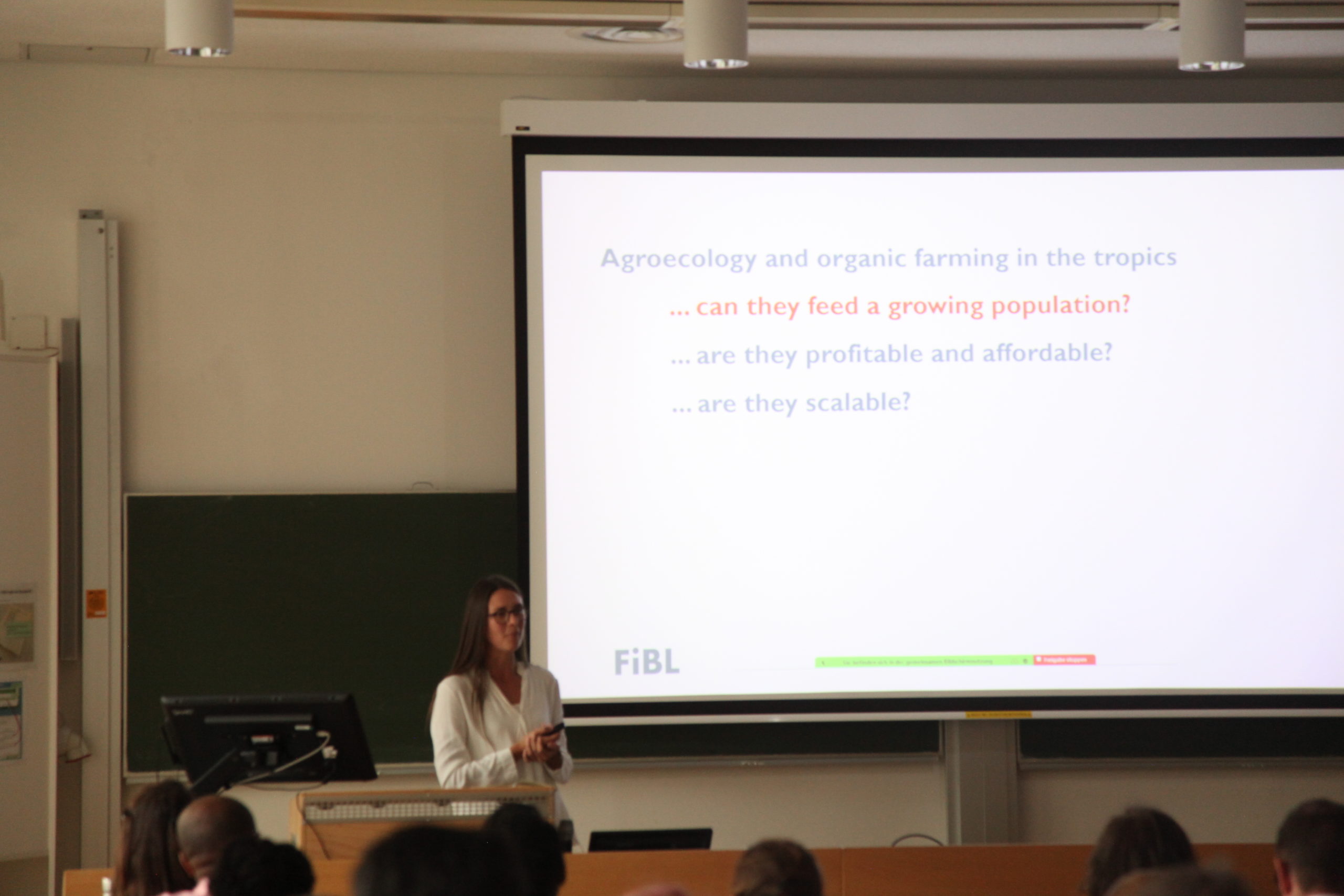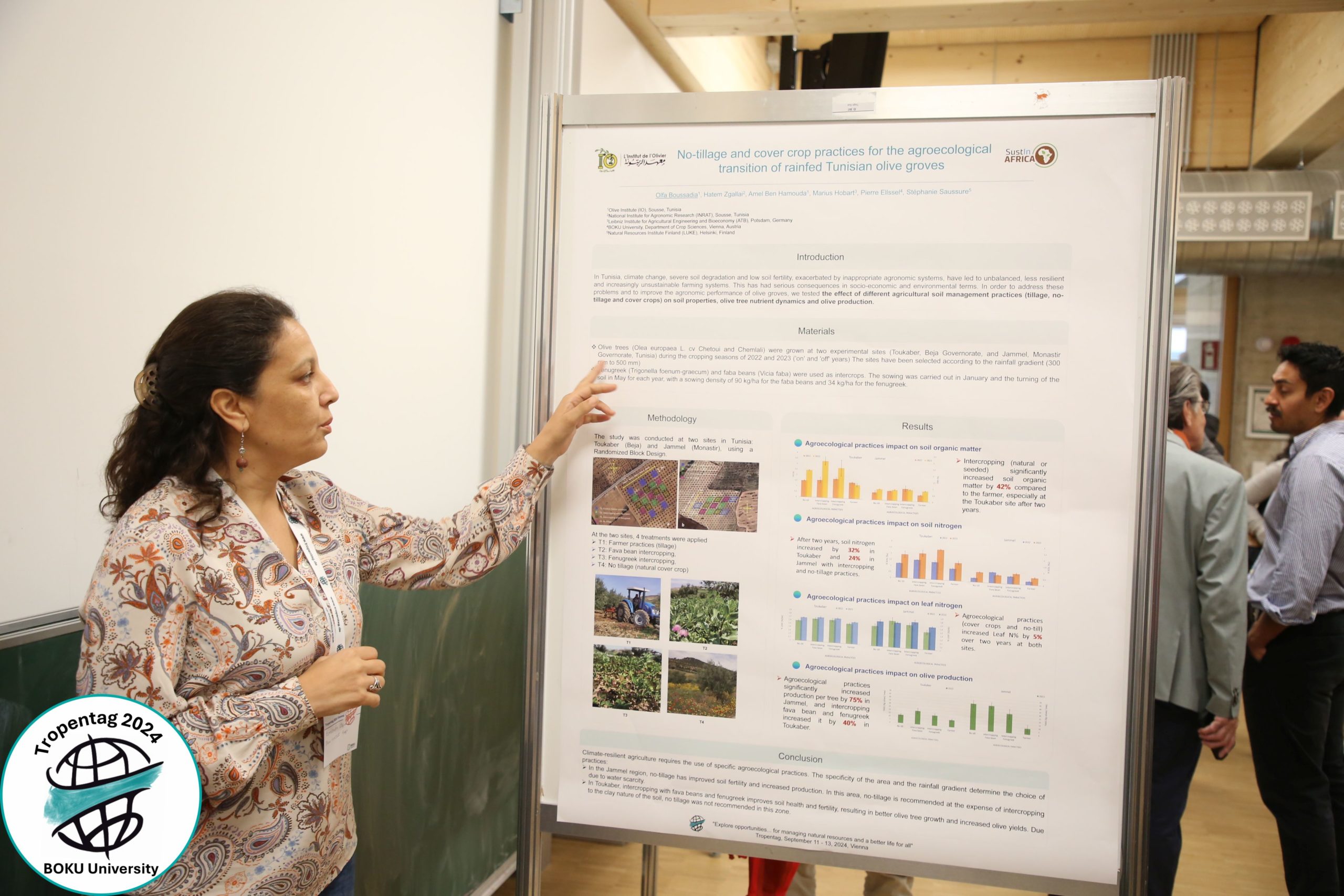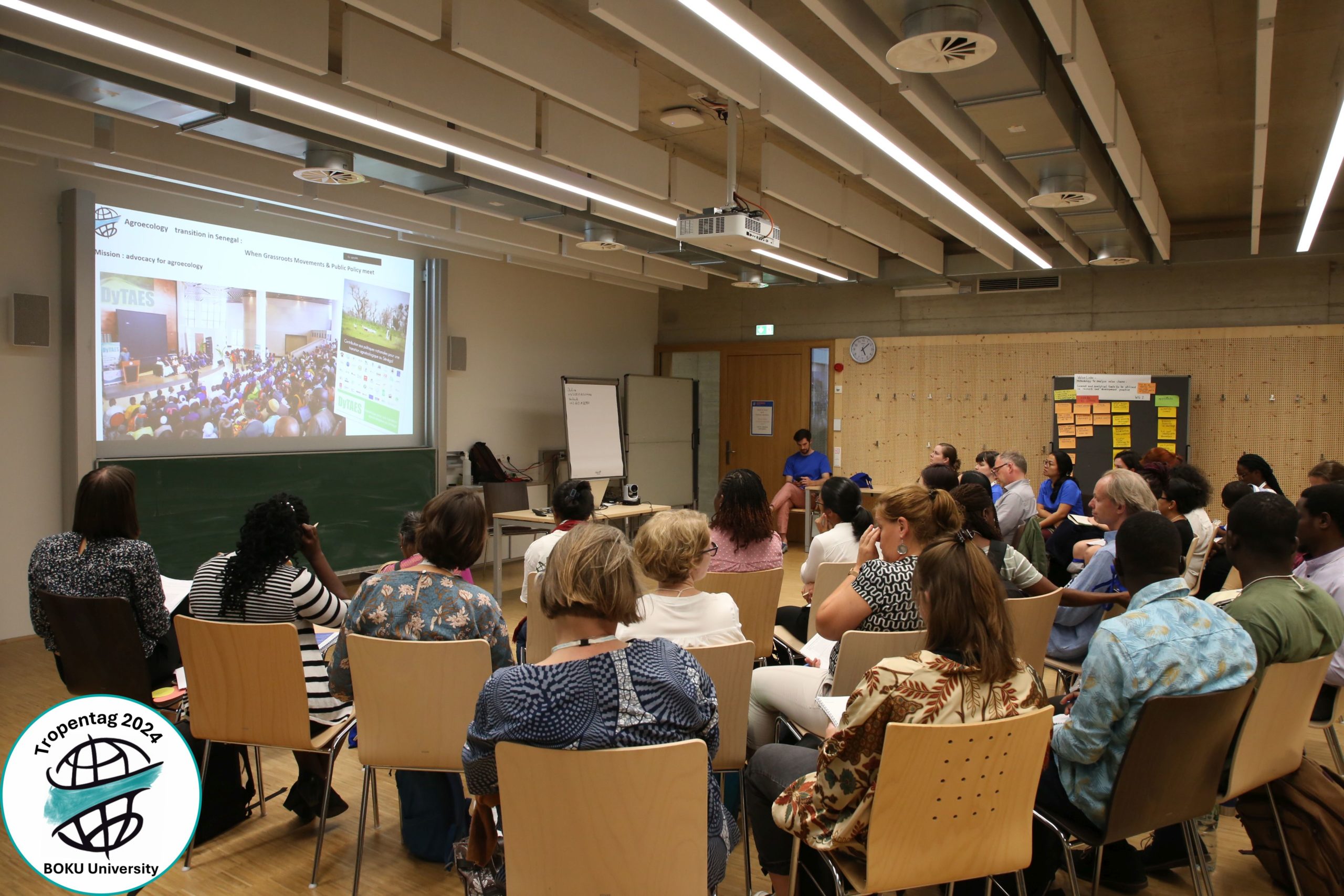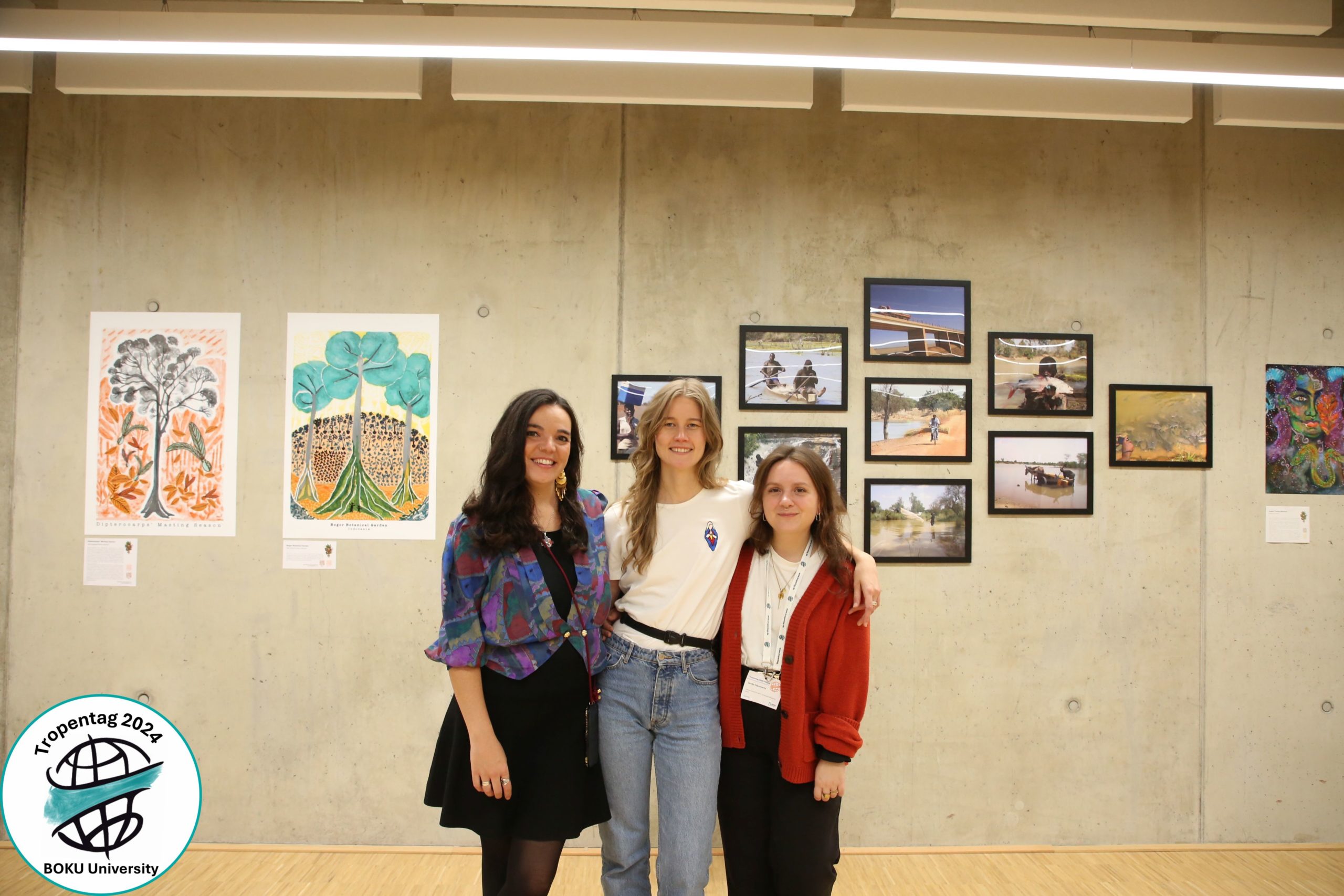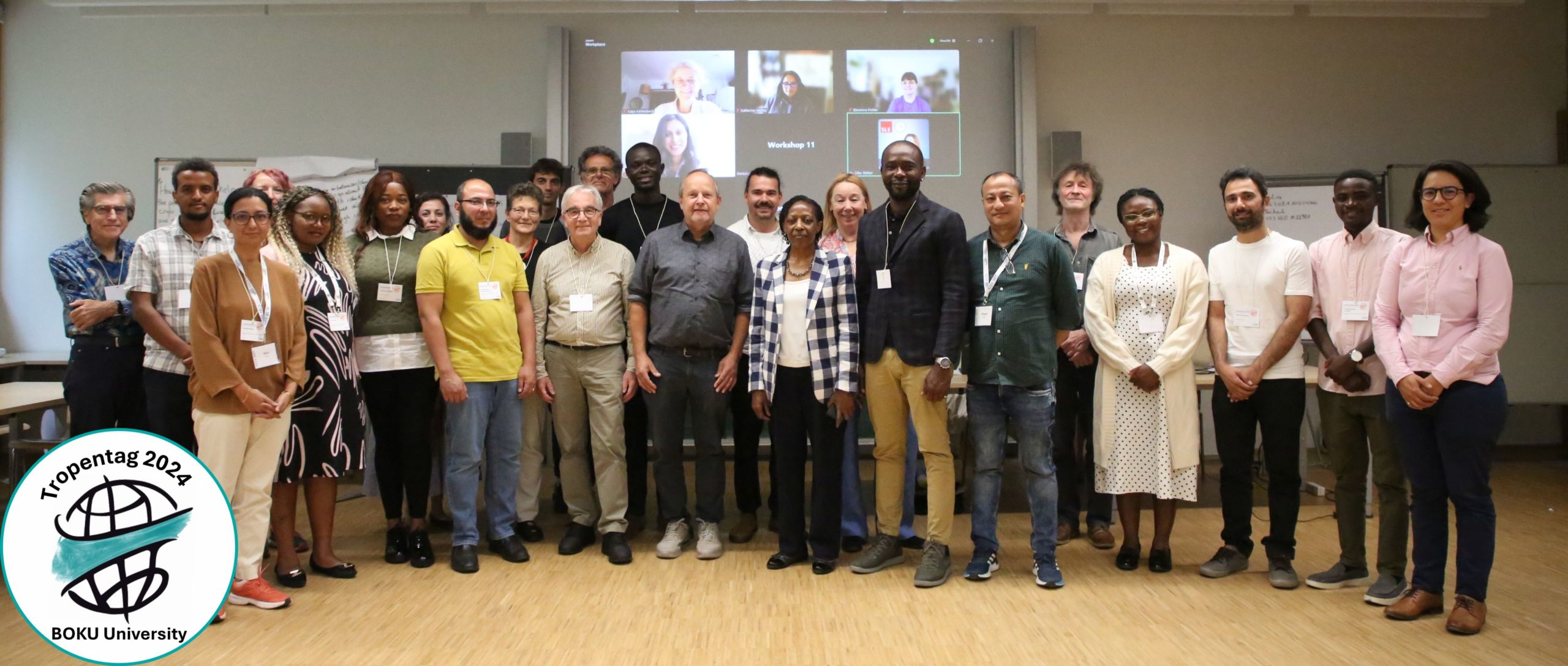In conference halls, paradigms compete. In the fields, farmers blend whatever works.
Land must be understood…
Synergy for impact is necessary through the alignment of science, policy, and practice.
The health of our planet and the well-being of its people are inseparable…
Due to lower quantities per hectare compared to conventional methods, organic agriculture is seen as an unrealistic strategy to feed the world. The yield gap is what separates the two, currently positioning us at the shoreside of intensified, conventional farming. But is this yield difference as conclusive as it seems?
Tunisia, also known as the land of the olive tree, faces environmental crises such as soil degradation, biodiversity loss and climate change. Unsustainable farming practices have exacerbated these issues, pointing to critical need for new practices. Agroecology offers promising pathways for olive growers to create more resilient agricultural systems
For agroecology to be effective, it must be adapted to the local context. An example of a case study at Tropentag 2024 that sheds light on the role of local knowledge in agroecology was presented by Patcharin Sae-Heng (University of Hohenheim): Co-production of Buddhist Agroecological knowledge in Thailand.
Did you know that while there are over 50,000 edible plant species on Earth, just 15 crops provide 90% of the world’s food energy intake? The lack of diversity in our diets not only undermines human health but also reflects the monoculture-dominated landscapes of modern agriculture.
Arts can serve as a powerful medium for deepening the scientific process and communicating complex information to the wider public. Art in science is therefore a central subject at this year’s Tropentag. The conference program includes a variety of activities, bringing an artistic twist to science.
Dr. Katja Kehlenbeck’s presentation on “Integration of Underutilized Crops for Transitioning to a Healthier, Sustainable, and Equitable Food System: The Case of Baobab” at Tropentag 2024 sheds light on the Baobab’s immense value, its potential benefits, and the challenges it faces in achieving broader recognition and use.

